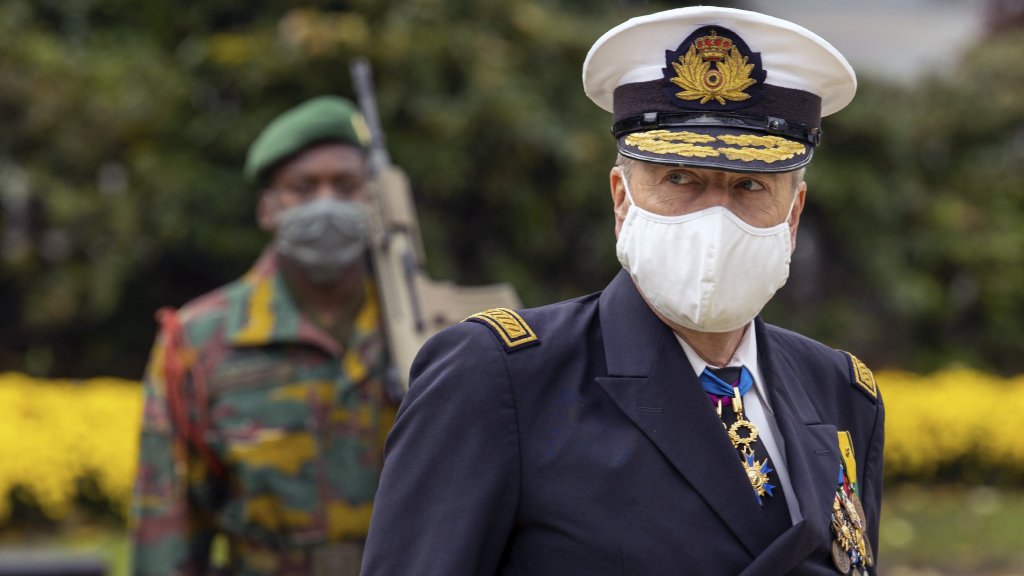Belgium’s military faces major challenges in the coming years, including problems of recruitment, according to chief of defence forces Admiral Michel Hofman.
Admiral Hofman was appointed to the post for a four-year term in July, and yesterday gave his first public interview with selected media. In it, he set out the challenges facing the military as it implements the strategic vision for 2030.
The main problem facing the armed forces, he said, is recruitment. As in many other sectors, retiring personnel are not being replaced in sufficient numbers by new recruits. By 2025, the army is expected to lose 25% of its personnel to retirement.
Low unemployment is making the matter worse, making the military less of an attractive career choice for young people.
The rewards for a career in military service need to be reviewed, he said, in the light of comparison with civilian jobs. A new recruit takes home on average €1,500 a month, rising to €1,650 for an officer candidate.
“Someone who starts work at the security company G4S will easily receive €1,800 or €1,900,” he said.
But while the shortage of boots on the ground is one problem, the loss of experience and know-how in the modern military is worse.
“For many systems we only have one person who knows how it works,” he said. “If that person is missing, we reach a critical point of failure.”
Another problem is budget. The new De Croo government has promised to increase defence spending from 1.1% of GDP to 1.24%. That target is well below the 2% promised to Belgium’s Nato partners, and is not enough for the challenges faced, Hofman said. What is more, the increased figure is a target, not an actuality.
“We haven't reached the low point yet. The wheels have still to fall off the bus, although I don't know where or how,” Hofman said.
“We have already passed the critical point, but the engine continues to run. That is our can-do mentality. It plays tricks on us. We absorb a lot of the shock, but that comes at the expense of other things that we have to postpone, such as when we were asked to order face masks.”
The spending gap is exacerbated by the decisions made by the government of Charles Michel to purchase expensive fighter jets, armoured vehicles and ships.
“It is very rare for a company to replace all of its production lines at the same time,” he said.
“That is a bit like what is happening to us. Everything will undergo profound transformation in the next five to ten years. That will result in a complete reorganisation of our structures and a permanent search for balance between our various operations.”
Alan Hope
The Brussels Times

